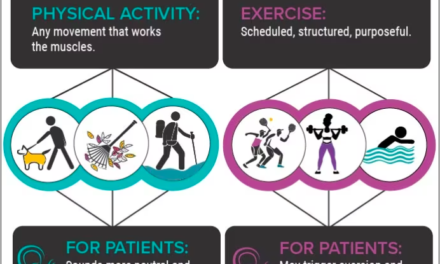Chicago, IL – A groundbreaking study from the University of Chicago has revealed that adherence to traditional masculine norms can negatively affect men’s cardiovascular health awareness and treatment. The research highlights how societal pressures tied to stereotypical gender roles can lead to unhealthy behaviors and a reluctance to seek medical care.
The study analyzed data from the National Longitudinal Study of Adolescent to Adult Health (Add Health), which tracked over 12,300 individuals across 24 years (1994–2018). Researchers found that men who conformed more closely to traditional gender norms were less likely to be informed about cardiovascular disease risk factors such as high blood pressure or cholesterol by healthcare providers. Moreover, even when diagnosed, these individuals were less likely to adhere to prescribed treatments, such as taking medications to manage their conditions.
The study underscored that traditional notions of masculinity—such as prioritizing stoicism, independence, and risk-taking—might discourage men from acknowledging health vulnerabilities or engaging with preventive care. This avoidance behavior not only increases the likelihood of substance use but also limits early detection and management of cardiovascular disease risk factors.
“Masculine norms often pressure men to present themselves as invulnerable,” the researchers stated. “This can create significant barriers to seeking and adhering to medical advice, leading to missed opportunities for prevention and long-term health management.”
The findings call for a shift in societal attitudes toward masculinity to promote healthier behaviors. The researchers advocated for increased empathy and patience toward individuals grappling with these pressures, emphasizing the need to reshape cultural narratives around gender and health.
By addressing these barriers, healthcare providers and policymakers could improve early detection and intervention rates for cardiovascular diseases, potentially saving lives and reducing the burden of chronic illness on individuals and the healthcare system.
This study adds to the growing body of evidence linking societal norms and public health, urging communities to reevaluate how traditional gender expectations influence health outcomes.
(Source: News-Medical.Net)











